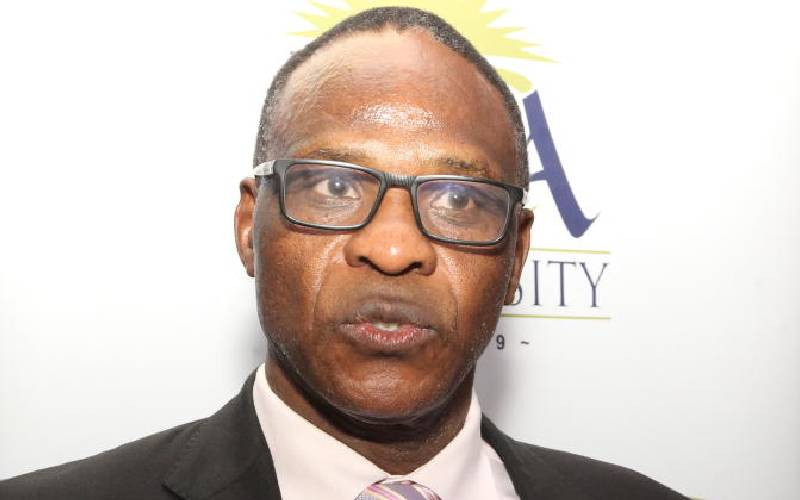×
The Standard e-Paper
Stay Informed, Even Offline

Universities are rethinking their approach to artificial intelligence programmes to prevent students from cheating in exams and assessments.
Reports indicate rampant cases of students cheating using hi-tech methods during entrance exams and assessment tests.